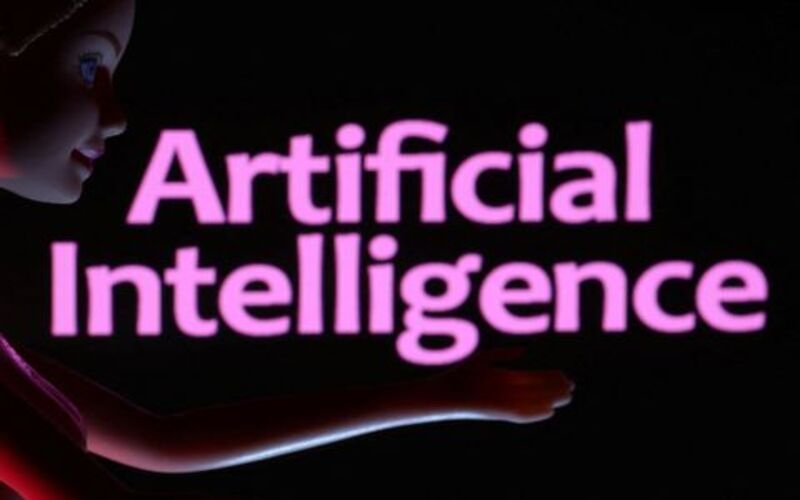According to an open letter signed by 160 executives from Renault (RENA.PA) to Meta (META.O), the planned EU Artificial Intelligence law would threaten Europe’s competitiveness and scientific sovereignty.
This month, EU lawmakers approved draft guidelines requiring systems like ChatGPT to disclose AI-generated content, help distinguish deep-fake photos from real ones, and protect against illegal content.
Since ChatGPT became popular, multiple open letters have called for AI control and the “risk of extinction from AI.”
Elon Musk, OpenAI CEO Sam Altman, and two “godfathers of AI”—Geoffrey Hinton and Yoshua Bengio—signed initial letters.
Yann LeCun, Meta’s third, signed Friday’s letter disputing EU laws. Executives from Cellnex (CLNX.MC), Mirakl, and Berenberg also signed.
Renault, Meta, and those companies did not immediately respond to inquiries.
Cedric O, former digital minister of France and one of the three organizers of the letter, told Reuters that the European Parliament version moved from a risk-based strategy to a technology-based approach, which was not in the first language.
He, Jeannette zu Fürstenberg, La Famiglia VC founder, and Airbus chairman René Obermann organized the open letter.
The letter stated that generative AI would be severely regulated under the proposed EU laws, and enterprises creating such systems would suffer high compliance costs and excessive liability risks.
It warned that such legislation could drive innovative companies overseas and investment away from European AI development.
In May, OpenAI’s Altman threatened to pull ChatGPT from Europe if forthcoming AI rules made compliance too difficult. He later reversed his position and declared the business had no intentions of leaving.
“I am convinced they have not carefully read the text but have rather reacted on the stimulus of a few who have a vested interest in this topic,” EU proposal co-writer Dragos Tudorache told Reuters.
He stated the draft legislation includes the letter’s comments.














































Comment Template